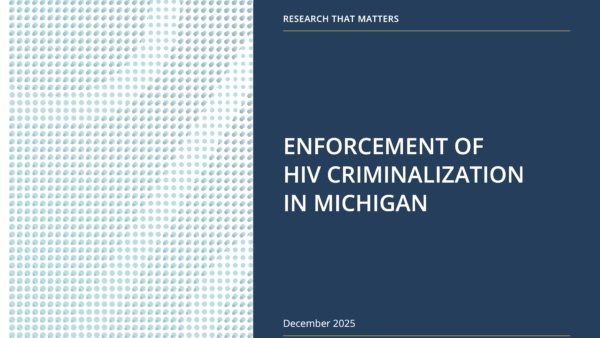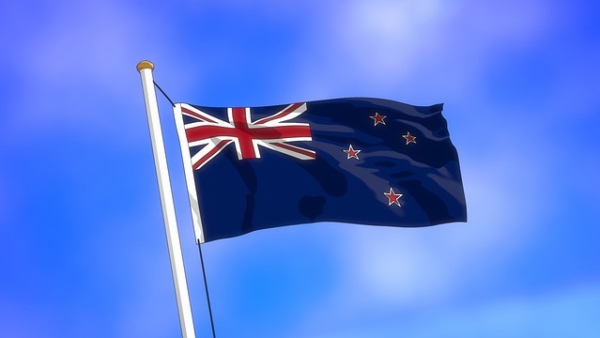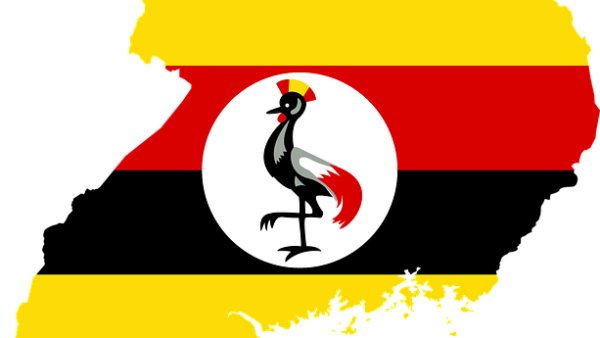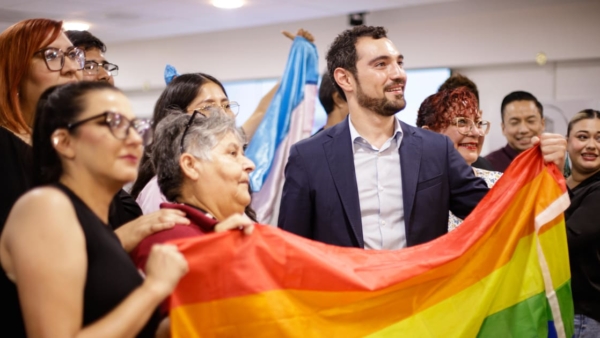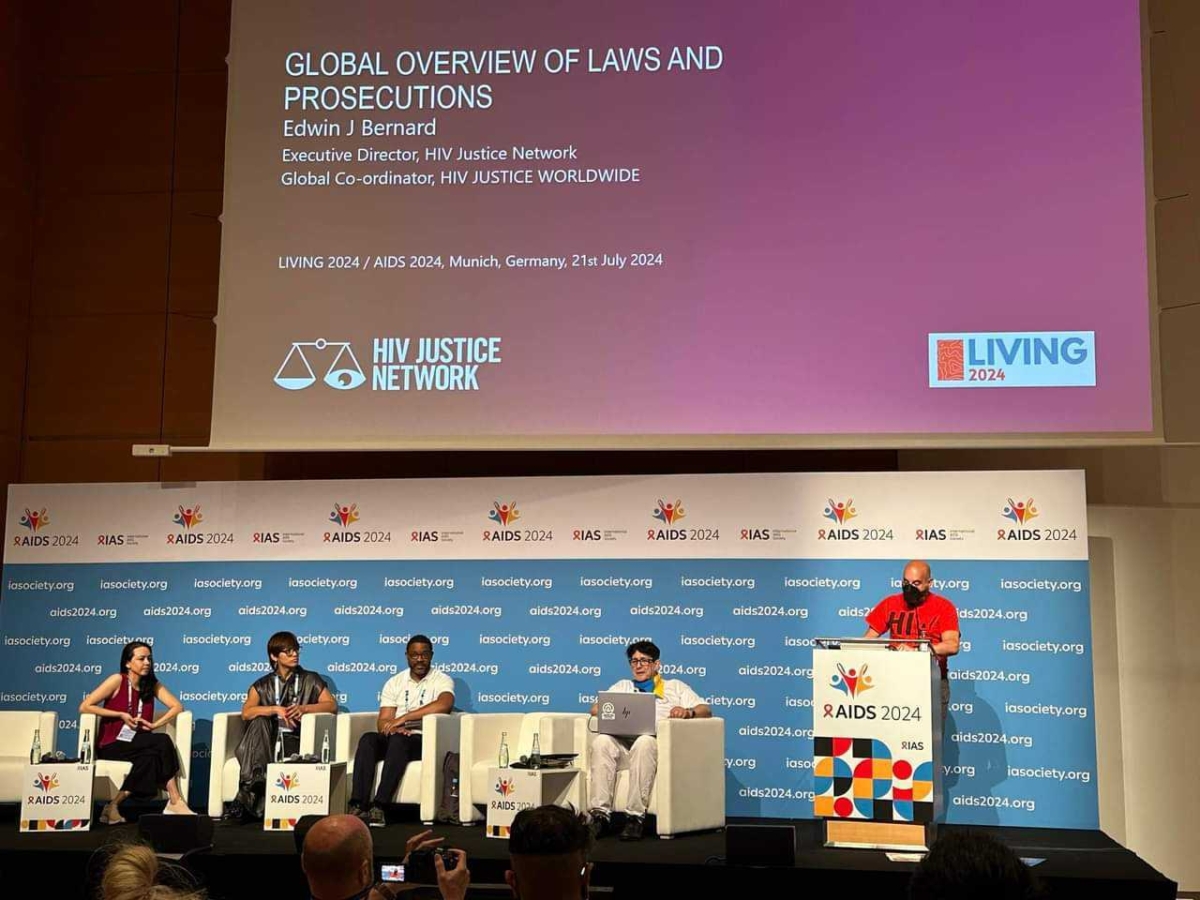
AIDS 2024: Activists and experts debate tactics to combat HIV criminalisation
Translated with DEEPL. For article in Portuguese, please scroll down.
On Sunday (21), during the AIDS 2024 Pre-Conference in Munich, Germany, a group of experts from the United Kingdom, Mexico and the United States met for a crucial dialogue on the criminalisation of HIV. The panel, entitled “Everything you ever wanted to know about challenging the criminalisation of HIV: HIV Justice Network”, was moderated by Julian Hows, from the HIV Justice Network, an organisation that works to build a coordinated global response against punitive laws and policies that affect people living with HIV.
HIV criminalisation refers to the inappropriate use of criminal law to punish individuals on the basis of their HIV-positive status. This includes a range of acts, such as not disclosing one’s HIV status, potential exposure to the virus, soliciting sex while HIV positive, as well as practices such as spitting, biting, donating blood or breastfeeding.
This criminalisation not only intensifies the stigma associated with the virus, but can also limit people’s access to health services, damaging the relationship between them and the health professionals who treat them. It also creates a false sense of security, leading many to believe that laws offer protection, which is not actually the case.
The global movement to combat this criminalisation, led by HIV Justice Worldwide, aims to transform the discourse on HIV, share information and resources, and strengthen advocacy. The fight is fundamental to guaranteeing justice and human rights for everyone living with the virus.
Edwin Bernard, executive director of HIV Justice Network, highlighted a serious concern: “The US repealed its HIV-specific law at the end of the 20th century, but is now using a number of problematic laws”. He mentioned a shocking case of a homeless man with HIV sentenced to 35 years in prison for spitting at a police officer, a situation in which his saliva was considered a deadly weapon. Bernard stressed the need to understand the applicable laws for an effective defence.
Robert Suttle, from The Elizabeth Taylor AidsFoundation, shared his personal experience of criminalisation. “As a black, gay man living with HIV, I was registered as a sex offender for 15 years in Louisiana,” said Suttle. He pointed out that many newly diagnosed people are unaware of the risk of criminalisation because the focus of advocacy is mainly on prevention and biomedical treatment.
Sofía Varguez, from the HIV Justice Network in Mexico, gave an overview of the situation in Latin America and the Caribbean. “In our region, 26 countries have laws that criminalise HIV. We have registered 157 cases of criminalisation in 23 of the 32 countries in the region, including Brazil,” said Varguez. She also mentioned successes in repealing these laws, such as in Colombia, where a law student succeeded in having the law ruled unconstitutional.
Ricardo Hung, director of Alianza Lambda de Venezuela, brought a worrying perspective from his country with the rise of neo-Pentecostalism in public organisations. “In Venezuela, the government is trying to informally change the law to criminalise people with HIV, with the support of the Ministry of Health,” Hung revealed. He asked for materials to help educate and raise awareness about the criminalisation of HIV in his nation.
The event also covered tools and strategies developed by the HIV Justice Network and partners in the HIV Justice Worldwide coalition, offering valuable resources for initiating and sustaining HIV decriminalisation campaigns. The hope is that participants will feel motivated to use and share these tools and engage in the quest for justice for all people living with the virus.
To close, Julian Hows invited everyone to explore the HIV Justice Academy portal, a free global hub of learning and resources, available to beginners and experts alike. The portal, accessible in English, Spanish, Russian and French, is designed to help everyone join the movement to end the criminalisation of HIV. To access it, click here.
Aids 2024: Ativistas e especialistas debatem leis discriminatórias e táticas para combater a criminalização do HIV
Nesse domingo (21), durante a pré-Conferência da Aids 2024 em Munique, Alemanha, um grupo de especialistas do Reino Unido, México e Estados Unidos se encontrou para um diálogo crucial sobre a criminalização do HIV. O painel, intitulado “Tudo o que você sempre quis saber sobre desafiar a criminalização do HIV: HIV Justice Network”, foi moderado por Julian Hows, diretor da HIV Justice Network, uma organização que trabalha para construir uma resposta global coordenada contra leis e políticas punitivas que afetam pessoas vivendo com HIV.
A criminalização do HIV refere-se ao uso inadequado da lei penal para punir indivíduos com base no seu status HIV positivo. Isso inclui uma série de atos, como não revelar o status sorológico, potencial exposição ao vírus, solicitar sexo sendo positivo para HIV, além de práticas como cuspir, morder, doar sangue ou amamentar.
Essa criminalização não só intensifica o estigma associado ao vírus, mas também pode limitar o acesso das pessoas a serviços de saúde, prejudicando a relação entre elas e os profissionais de saúde que as atendem. Além disso, gera uma falsa sensação de segurança, fazendo com que muitos acreditem que as leis oferecem proteção, o que na verdade não é o caso.
O movimento global para combater essa criminalização, liderado pela HIV Justice Worldwide, visa transformar o discurso sobre o HIV, compartilhar informações e recursos, e fortalecer a advocacy. A luta é fundamental para garantir justiça e direitos humanos para todos que vivem com o vírus.
Edwin Bernard, diretor executivo da HIV Justice Network, destacou uma preocupação grave: “Os EUA revogaram sua lei específica para o HIV no final do século XX, mas agora estão usando diversas leis problemáticas”. Ele mencionou um caso chocante de um homem sem-teto com HIV condenado a 35 anos de prisão por cuspir em um policial, uma situação em que sua saliva foi considerada uma arma mortal. Bernard ressaltou a necessidade de compreender as leis aplicáveis para uma defesa eficaz.
Robert Suttle, da The Elizabeth Taylor AidsFoundation, compartilhou sua experiência pessoal com a criminalização. “Como homem negro, gay e vivendo com HIV, fui registrado como agressor sexual por 15 anos na Louisiana”, contou Suttle. Ele destacou que muitas pessoas recém-diagnosticadas desconhecem o risco de criminalização, pois o foco da advocacia está principalmente na prevenção e no tratamento biomédico.
Sofía Varguez, da HIV Justice Network no México, apresentou um panorama da situação na América Latina e no Caribe. “Na nossa região, 26 países têm leis que criminalizam o HIV. Registramos 157 casos de criminalização em 23 dos 32 países da região, entre eles o Brasil”, disse Varguez. Ela também mencionou sucessos na revogação dessas leis, como na Colômbia, onde um estudante de direito conseguiu que a lei fosse considerada inconstitucional.
Ricardo Hung, diretor da Alianza Lambda de Venezuela, trouxe uma perspectiva preocupante de seu país com a ascensão do neopentecostalismo nos órgãos públicos. “Na Venezuela, o governo está tentando mudar informalmente a lei para criminalizar as pessoas com HIV, com o apoio do Ministério da Saúde”, revelou Hung. Ele pediu materiais para ajudar na educação e na sensibilização sobre a criminalização do HIV em sua nação.
O evento também abordou ferramentas e estratégias desenvolvidas pela HIV Justice Network e parceiros da coalizão HIV Justice Worldwide, oferecendo recursos valiosos para iniciar e sustentar campanhas de descriminalização do HIV. A esperança é que os participantes se sintam motivados a utilizar e compartilhar essas ferramentas e se engajar na busca por justiça para todas as pessoas que vivem com o vírus.
Para encerrar, Julian Hows convidou todos a explorar o portal HIV Justice Academy, um hub global gratuito de aprendizado e recursos, disponível para iniciantes e especialistas. O portal, acessível em inglês, espanhol, russo e francês, foi desenvolvido para ajudar a todos a se unirem ao movimento para acabar com a criminalização do HIV. Para acessar, clique aqui.
Marina Vergueiro (marina@agenciaaids.com.br)
